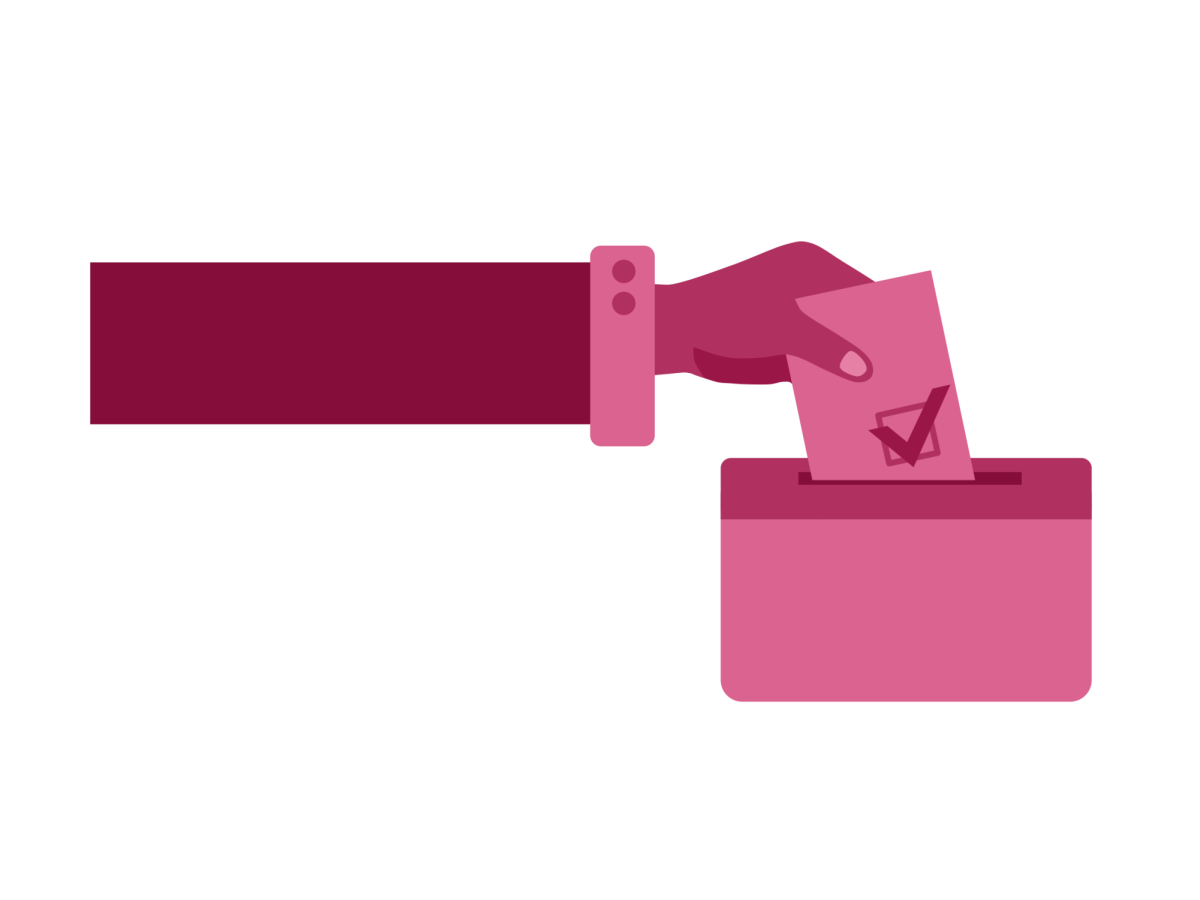As students soak up the last few days of summer, they face a significant shift in their daily routines with the start of the school year. This abrupt transition can have detrimental effects on their sleep schedules, leading to declining mental health and academic performance.
Relaxed summer schedules allow teenagers to catch up on much-needed sleep, but the return to routine can disrupt this peace. According to the Centers for Disease Control and Prevention (CDC), adolescents require at least nine hours of sleep daily, yet around seven out of 10 students (72.7%) do not get enough sleep on school nights. After-school extracurriculars, homework, socialization and early school start times all contribute to this widespread issue.
Senior Ava Luu of Cream Ridge struggles to find time to meet the CDC’s recommendation.
“During the school year, I only sleep from 2 to 3 a.m. until 6 a.m.,” Luu said. “It’s all my schedule allows. After school, I go to practices for two different teams and get home to do homework by 11. I always end up staying up late, and the cycle repeats.”
Sleep deprivation has been linked to negative impacts on mood. “Studies show that otherwise healthy people can experience increased anxiety and distress levels following poor sleep,” reports Elizabeth Zarakin, a clinical psychologist at the Columbia University Clinic for Anxiety and Related Disorders.
This, coupled with the stresses of the academic school year, leaves teens feeling overwhelmed. A study by New York University interviewed 128 high school students, revealing a shocking 49% felt a great deal of stress daily, with an additional 31% saying they felt somewhat stressed.
Mood changes are not the only issue—lack of sleep causes significant mental fatigue, and students’ grades suffer as a result. A 2019 Massachusetts Institute of Technology study determined that better quality sleep consistently correlated with better academic performance, with almost 25% of the variance in results attributed to sleep.
“The beginning of the year really affects my education,” Luu said. “I’m tired, burnt out and by third period, I can’t focus.”
To help mitigate this sleep deprivation epidemic, teens are encouraged to gradually wake up earlier in the weeks leading up to the first day of school. Parents can support this by helping teens implement healthy sleep habits, such as setting routine bedtimes and limiting electronic usage, according to the CDC.
Addressing this issue may, however, start with schools. Professionals recommend adding sleep education to the K-12 curriculum and adjusting school start times. Senior James Doyle of Farmingdale agrees.
“I really don’t think schools emphasize the importance of sleep,” Doyle said. “They always tell kids to get enough sleep, but in reality, they don’t care all that much. It’s ironic as countless studies show sleep directly correlates to greater mood and productivity, something schools are always looking to improve upon.”
One thing is clear: Prioritizing sleep is crucial in managing the demands of the school year. Luu continued, “This year I hope to make sleep a priority. It’s crucial for my academics and mental health.”










